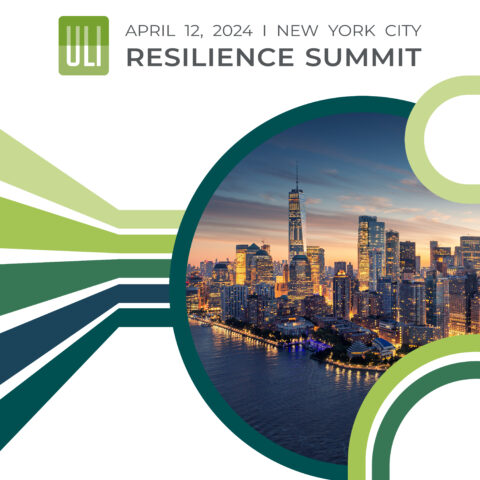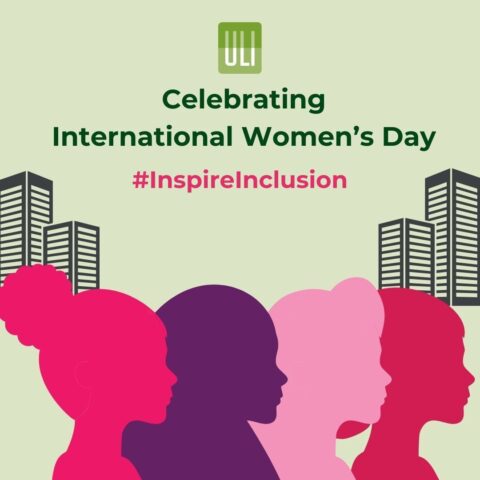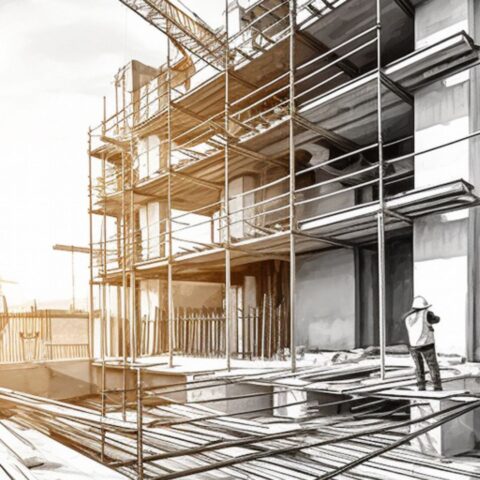This report introduces an adaptable framework for real estate investors and other practitioners to utilize climate risk disclosure data effectively. Explore industry insights, analyze climate data in decision-making, and understand the impact of assessing physical climate risk on underwriting. This framework empowers industry professionals to evaluate the costs of action and inaction in resilience investment.
Join the 2024 Spring Meeting in New York
Connect with Cross-Disciplinary Real Estate Professionals April 9-11
Top Stories
Hosted by the ULI Urban Resilience Program in conjunction with the ULI Spring Meeting, the 2024 Resilience Summit will be held April 12, 2024. The Summit is ULI’s flagship climate adaptation event; convening industry leaders in real estate and resilience from around the world to address the challenges and harness the opportunities posed by climate risks. With attendees ranging from owners, developers, and architects to government officials and planners, the Resilience Summit offers a rich tapestry of insights and experiences to catalyze investment in risk reduction strategies, preserve and protect real estate value, and create thriving communities.
ULI joins the nation in commemorating Women’s History Month this March and International Women’s Day on March 8. All month long, we are celebrating the achievements women have made over the course of history and the many contributions of our women members, staff, and partners to our global ULI community at large.
For additional information about ULI’s Women’s Leadership Initiative and the programming planned for the coming weeks, contact [email protected].
Mayor Anne Hidalgo, the first female mayor of Paris, has earned the 24th annual ULI Prize for her transformative policies to make Paris socially mixed, prioritizing affordable housing, and making strides towards reducing carbon emissions.
Read more about Mayor Hidalgo and the ULI Prize here.
This report provides an introduction for real estate owners, developers, and investors to understand why and how to implement healthy, sustainable building materials in new and existing development projects. Get insight on high-level strategies and best practices for integrating nontoxic, low-carbon materials, and dive into innovative projects that successfully incorporated healthier materials.
Read the report on Knowledge Finder.
At ULI, real estate and land use professionals stay informed on the most important topics shaping the industry. From developers to investors, designers to builders, and buyers to sellers, we invite you to discover close-knit support from members in your community and around the world.





